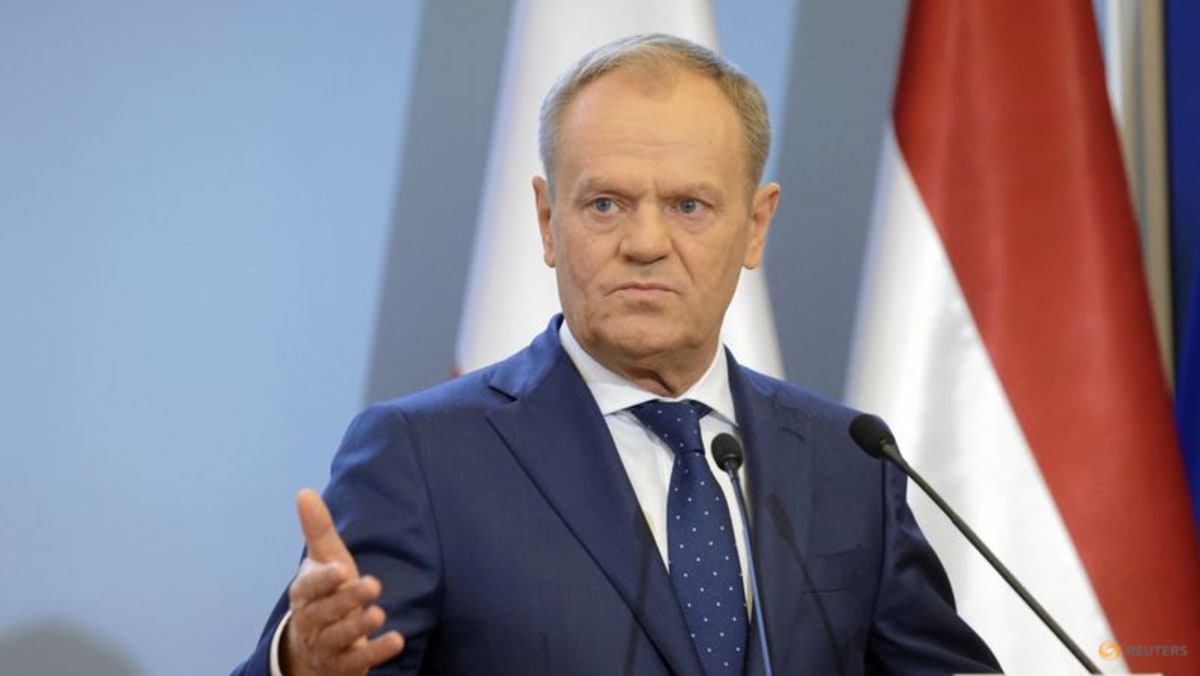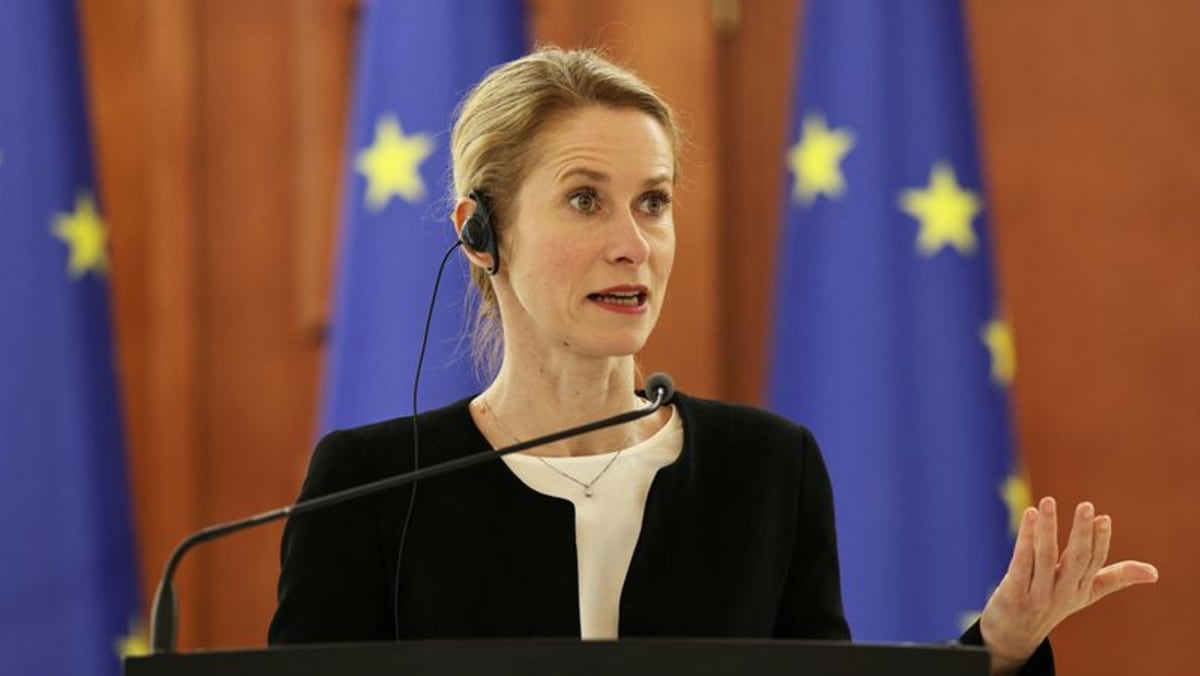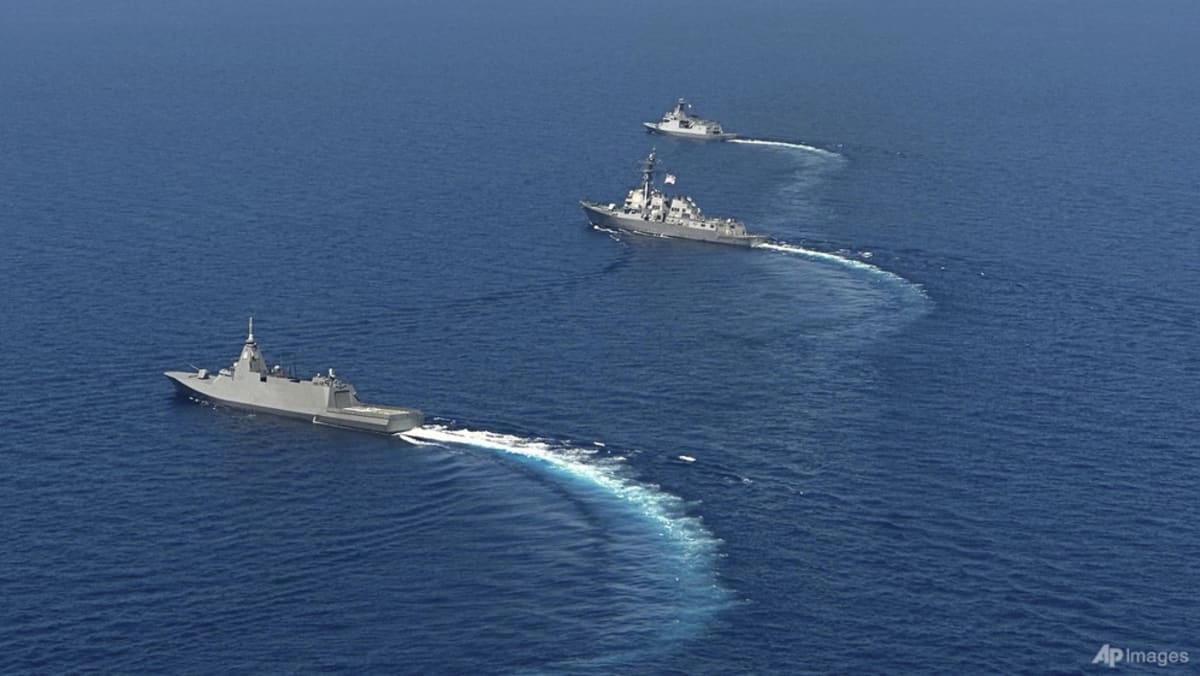The Russian embassy in Warsaw did not immediately respond to an emailed request for comment. In the past, Moscow has denied its involvement in undersea sabotage in the Baltic, saying the West was using such claims to curb its sea-borne oil exports.
The 600-megawatt undersea cable links the Swedish coast near Karlshamn with Ustka in northern Poland and allows both grids to rely on cross-border supplies when electricity is cheaper in the other system.
A spokesperson for Polish grid operator PSE said the cable was working. PSE data showed over 600 megawatts were flowing to Sweden through the cable at 1130 GMT.
“This shows how dangerous the times we live in are, how serious the situation in the Baltic Sea is,” Kosiniak-Kamysz told a news conference. “Since Sweden and Finland joined the North Atlantic Alliance, the Baltic Sea has become a key marine area, where the largest number of incidents occur, the most common incidents related to cable breaks … and sabotage.” He vowed a “firm response” from Poland and NATO to any attack on Baltic Sea infrastructure.
Sweden’s coast guard declined to comment. Reuters was not immediately able to reach Sweden’s minister for civil defence.














